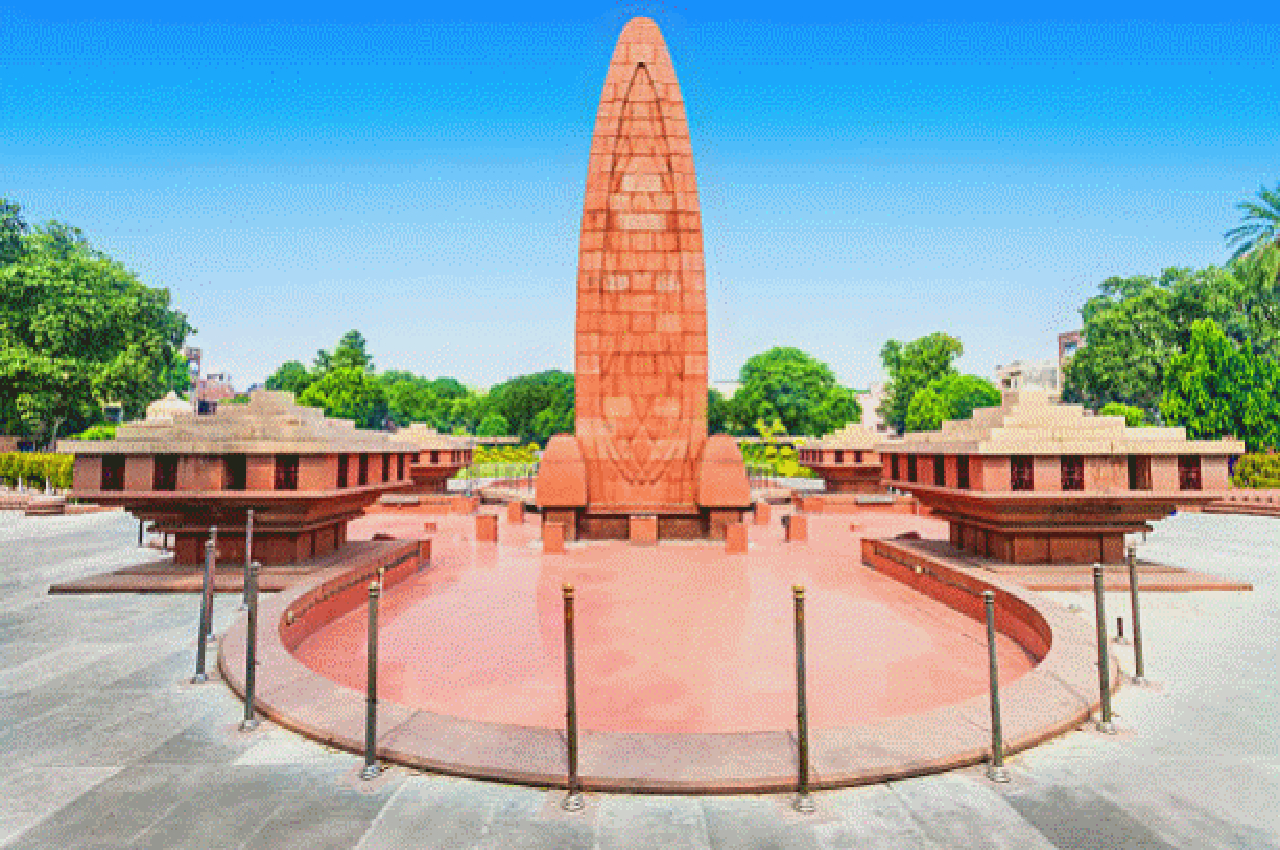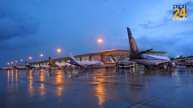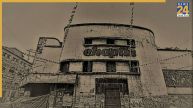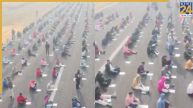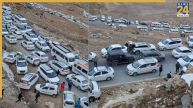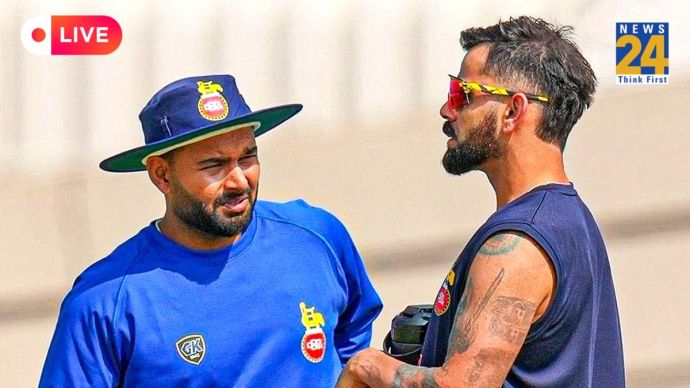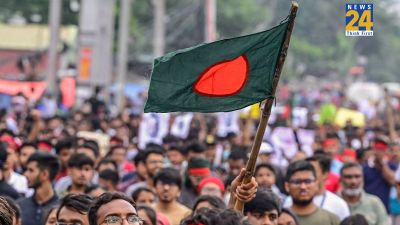New Delhi: Jallianwala Bagh massacre on 13 April, a day to tribute Indians martyred who died in the act. Based on British government records, 379 people, including men, women, and children, were killed and 1,200 were injured in the indiscriminate firing ordered by Colonel Reginald Dyer.
Prime Minister Narendra Modi took to Twitter and pay the tribute to the martyred Indians, “Tributes to those martyred in the Jallianwala Bagh massacre. Their courage, heroism, and sacrifice give strength to every Indian.”
Martial Law was declared in five districts following the Jallianwala Bagh massacre: Lahore, Amritsar, Gujranwala, Gujarat, and Lyallpore.
History
Around 50 British Indian Army soldiers, led by Colonel Reginald Dyer, opened fire on unarmed villagers gathered for Baishakhi at Amritsar’s Jallianwala Bagh. The crowd had gathered in Jallianwala Bagh to celebrate Baisakhi and to lament the arrest and deportation of two freedom activists, Satya Pal and Dr Saifuddin Kitchlew.
The soldiers opened fire on Colonel Dyer’s orders. The fire lasted roughly ten minutes. According to the British administration, 379 people were killed and 1,200 were injured in the Jallianwala Bagh massacre. According to some records, approximately a thousand people were slain. The Jallianwalah Bagh tragedy infuriated the Indian people, prompting Mahatma Gandhi to launch the Noncooperation Movement.
Significance
The act aroused considerable indignation in India and abroad, fueling India’s drive for independence, and even moderate nationalists began to take a more militant posture in their demands. As a protest against the British colonial authority, Rabindranath Tagore abandoned the honours bestowed upon him, including a knighthood. In revenge, freedom fighter Udham Singh assassinated Michael O’Dwyer, the then lieutenant-governor of Punjab and a strident defender of Reginald Dyer. Following the slaughter, the Indian government established the Hunter Commission to investigate the incidents and unrest in Punjab. In 2019, a museum was established in the region to remember those who died and to provide an honest description of what happened.
In 2019, more than a century after the massacre, British High Commissioner to India Dominic Asquith visited the Jallianwala Bagh National Memorial and paid tribute to those who died.

